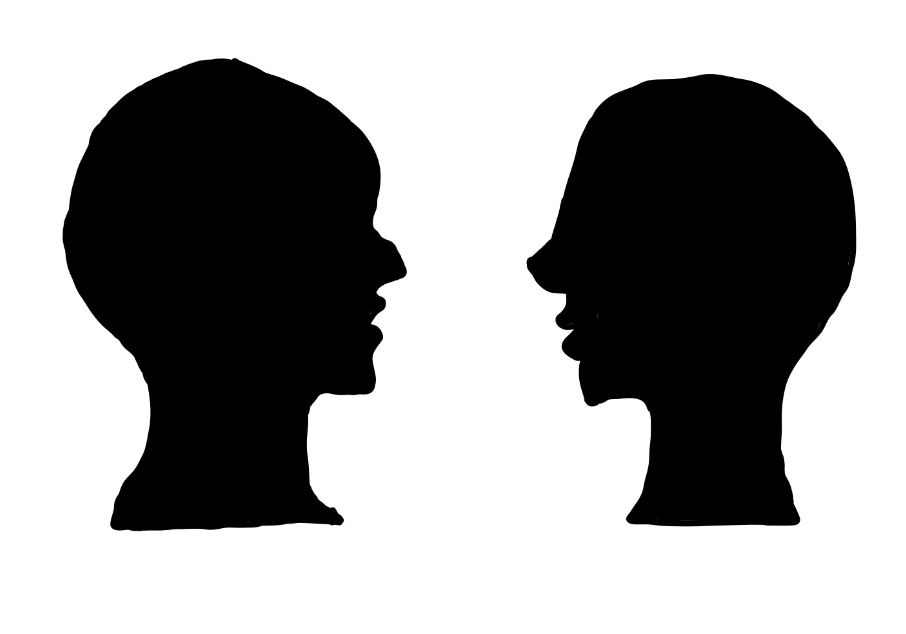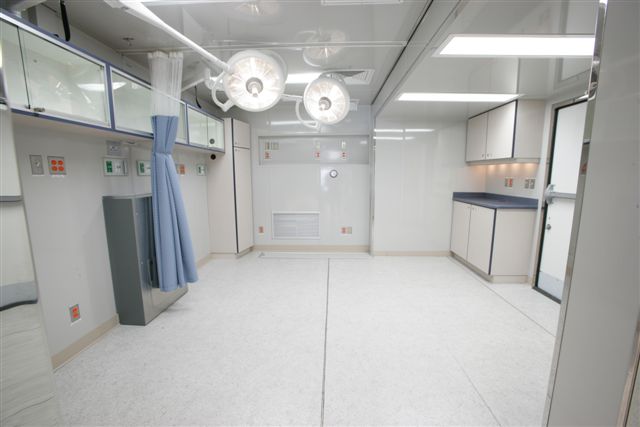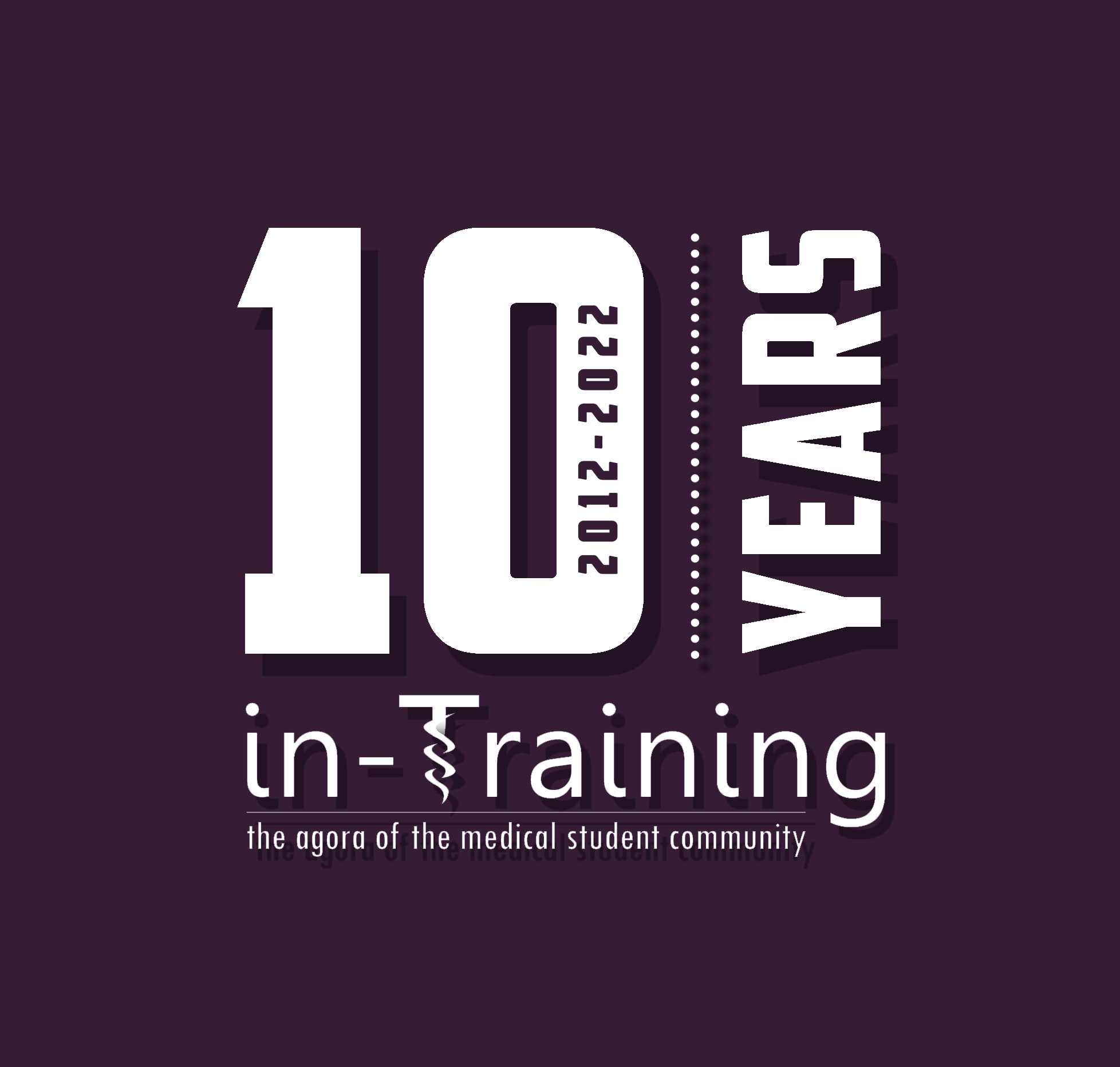How Kindness Saved My Life: A Beginner’s Guide to Arizona
Moving to Arizona for an eight-year dual-degree MD/PhD program was one of the biggest, and reflecting back, best decisions I had ever made. Though at the time, it truly felt like the scariest commitment of my life.








